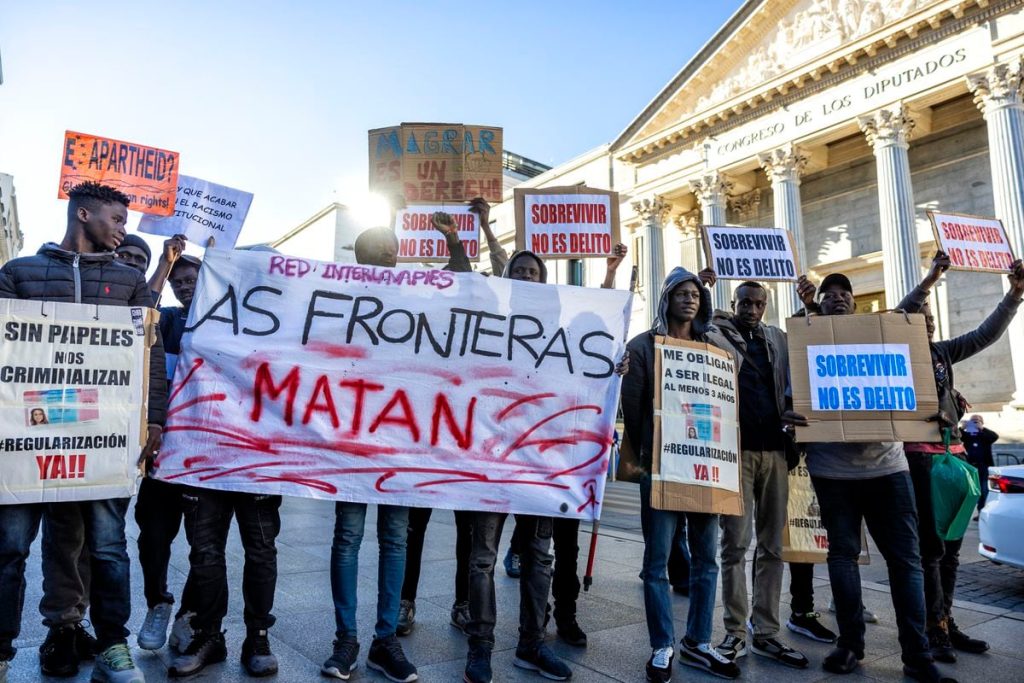The debate about the regularization of hundreds of thousands of undocumented immigrants in Spain has achieved an extraordinary agreement among all political groups, with the exception of Vox. The Congress has admitted an initiative for the regularization of foreigners living and working clandestinely in Spain, with 310 votes in favor and 33 against. While this does not mean that a massive and generalized regularization will be approved, it does initiate the parliamentary process for parties to propose amendments to define its scope. The initiative was driven by immigrants themselves through the platform Regularización Ya, gathering nearly 612,000 signatures and the support of 906 organizations, including Cáritas and the Conference of Bishops.
Despite concerns about the initiative’s compliance with an increasingly restrictive European immigration framework, the majority support in Congress has pushed for further discussion. Spain has already approved nine regularizations for foreigners, with the last one occurring in 2005 under the government of José Luis Rodríguez Zapatero. Estimates suggest that the current measure could benefit between 390,000 and 470,000 people, mainly from Latin America. The key now lies in the parties’ willingness to address the issue of irregularity among tens of thousands of immigrants with limited access to housing, education, and healthcare, who are vulnerable to labor and sexual exploitation.
The proposed text, which covers a broad group of individuals who were in Spain before November 1, 2021, is expected to receive numerous amendments. The Socialist Party, despite previously promoting regularizations, is now focused on modifying the legislation to simplify procedures for specific groups such as unaccompanied minors, students, or workers. The consideration of the initiative represents a success in achieving consensus on a divisive issue in the EU, particularly coming from a grassroots initiative, which usually yields little success in parliament.
The support for the initiative has sparked celebrations among immigrants and activists, highlighting the impact of the lack of legal status on individuals’ everyday lives. Concerns have also been raised regarding the initiative’s compatibility with the current European migration and asylum framework, as well as the potential response from EU member states. While the approval of the initiative marks a significant step forward, the true test will be in the parties’ commitment to addressing the challenges faced by undocumented immigrants in Spain and ensuring the initiative does not languish in bureaucratic processes.


